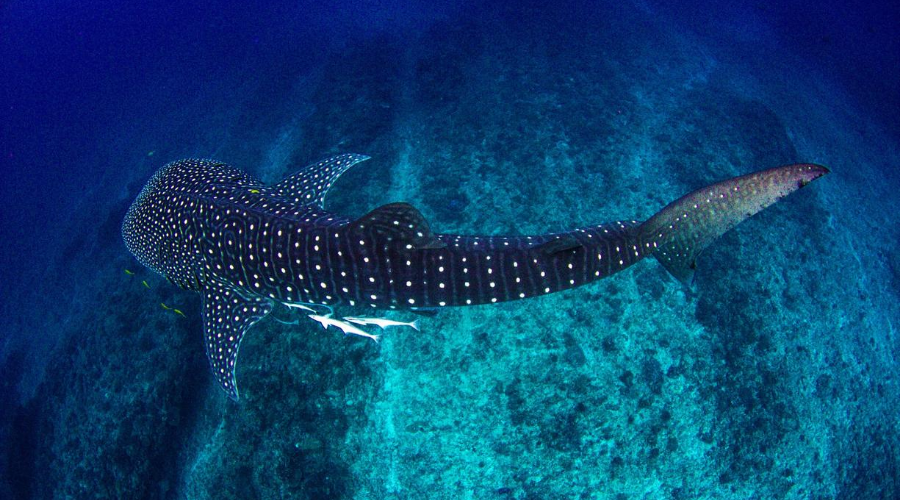Media Releases - 26 August 2020
Community opposition spares World Heritage icons from fossil fuels expansion
- Despite initially proposing the release of offshore acreage near Ningaloo and Shark Bay, the Federal Government has now withdrawn these sensitive areas from the 2020 acreage release.
- Thousands of concerned community members joined the Wilderness Society in opposing the release of these areas.
- The Wilderness Society maintains there is no social license for exploration near World Heritage sites like the Ningaloo Coast and Shark Bay.
- Recent events impacting fossil fuels companies indicate that the viability of the industry is under serious threat.

The Wilderness Society has claimed a huge win for the protection of World Heritage Ningaloo and Shark Bay from impacts of fossil fuels extraction following a decision by the Federal Government to withdraw acreages near these sensitive marine wilderness areas from its 2020 Acreage Release.
The decision followed a public consultation process in which nearly 7,000 community members signed onto a Wilderness Society submission opposing oil and gas expansion into such important marine icons.
“We welcome the Federal Government’s decision to do the right thing by our oceans and the community,” WA Campaign Manager Patrick Gardner said today. “We are so thankful to our thousands of supporters who stood together to call on the Government to rethink its ridiculous plans to expand the fossil fuels industry into these special places.
“There is no social licence for this kind of activity. And there never will be.
“We know the Australian community believes that World Heritage areas are not worth risking for some speculative oil or gas venture.
“The rights of a community to easily access and contribute to a consultation process is the model that governments around Australia need to be using.
“Australia’s economic and environmental future should not be determined by a cosy cabal of executives from the fossil fuels industry.”
"Whilst we are relieved to see our World Heritage sites granted a reprieve from expansionary offshore exploration, we remain concerned that acreage released off the western Victorian coastline is strongly opposed by coastal communities in the region," said Jess Lerch, National Corporate Campaigner with the Wilderness Society. "These communities were vociferously opposed to frontier oil exploration in the Bight and are deeply concerned for the health of their ocean environment.
“Any company doing sensible due diligence would run a mile from such an inevitably controversial acreage.”
The Wilderness Society raised a number of concerns in its formal submission about the risks present at every stage of the exploration process and the litany of threatened species that would be impacted.
“The Australian Senate is still undertaking an inquiry into the risks associated with damaging exploration methods such as seismic testing,” Patrick Gardner said. “It has heard evidence that seismic testing harms and kills species up-and-down the food chain.
“The marine ecosystem is complex and interconnected, so that kind of damage is wide and long-lasting.
“This is in on top of the impacts of climate change on our oceans, accelerated by the fossil fuels industry, including acidification, rapidly warming temperatures and an alteration to marine currents.”
The Wilderness Society also outlined the trail of contingent liabilities and write-offs that are plaguing the fossil fuels industry globally and in Australia.
“Insurers are pulling out from existing coverage with Santos, Shell is nursing its mega-FLNG investment, Woodside has washed its hands of responsibility for the Northern Endeavour fiasco and BP is at pains to green-wash their brand,” said Patrick Gardner. “These are not the vital signs of a healthy industry.”
For further comment contact Patrick Gardner on 0423 105 032.